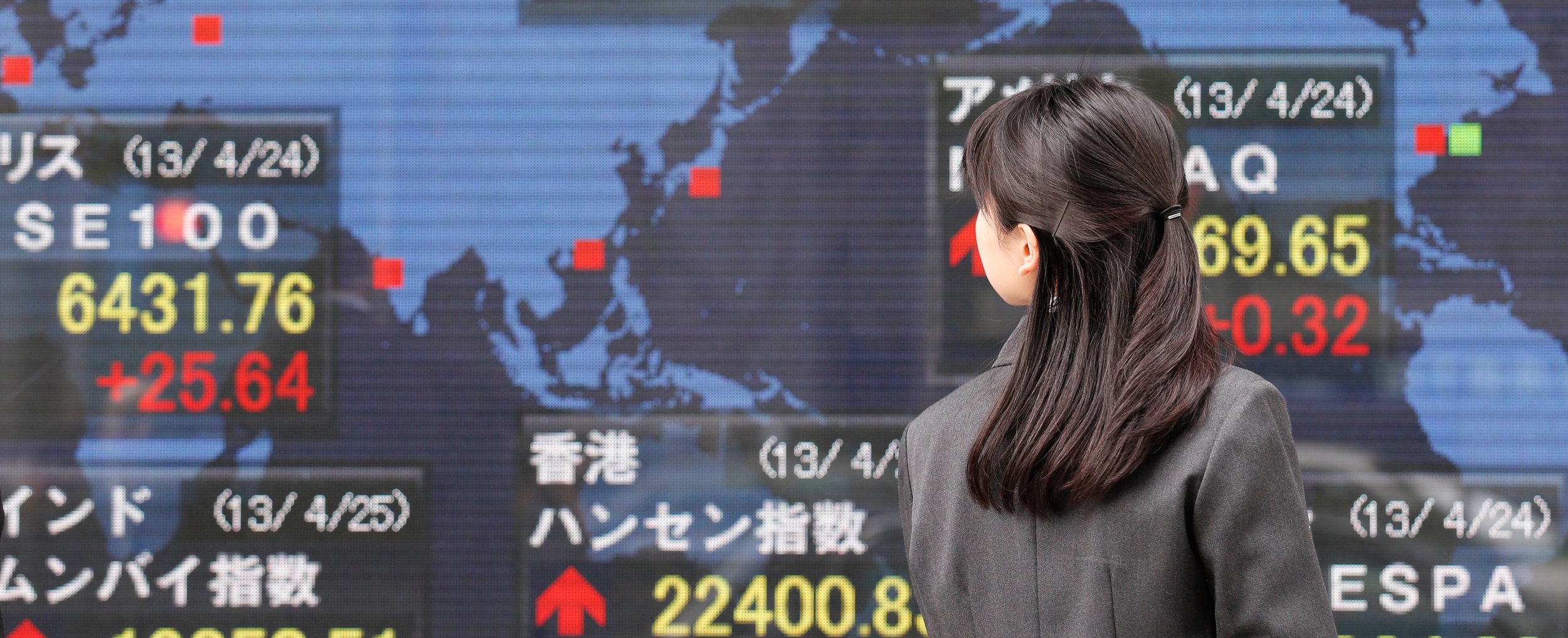Recent News & Findings
Pacific: Impact of Climate Change
Our 3rd annual survey focussed on climate change in the Pacific, has found an increase in the number of people who are having to make changes to the way they live, across the countries and territories in the Pacific.
Over the last 12 months, there has been a 1.7% increase amongst those who answered that they have had to make changes to the way they live due to climate change. The largest increases were in Samoa (2.8%), Nauru (2.5%), Cook Islands (2.3%) and Vanuatu (2.1%).
Similar to previous years, the countries and territories that predominately comprise atolls and have the lowest elevations, had the highest proportion of people that had to make changes to the way they live, with the highest proportion being in Kiribati (93%), followed by Tokelau (92%), Marshall Islands (91%), Tuvalu (90%) and Niue (89%).
The majority of those in the Pacific feel that the rest of the world is largely unaware and uninterested in the effects that climate change is currently having in the Pacific and will not provide adequate assistance to manage the effects that climate change is having. Asked “Do you believe those in countries outside of the Pacific are aware of the effects that climate change is currently having on people living in the Pacific?” 61% answered ‘No’. Another question asked “Do you believe that countries outside of the Pacific will provide adequate assistance to countries and territories in the Pacific to manage the effects of climate change over the next 5 years?” 73% answered ‘No’.
The survey comprised a methodology where nationwide representative samples of the adult populations throughout 21 Pacific countries and territories, were undertaken between January - March 2025.
Japan: 30% female executives by 2030
For the last 20 years, Japan has been trying to elevate women into leadership roles, in what has and remains, a highly patriarchal society. In 2003, the Japanese government set a goal of achieving 30% representation of women in leadership positions in all areas of society by 2020, which was far from achieved.
More recently, in June 2023, the Japanese government approved a policy package aimed at developing the empowerment of woman. One of the targets set is to have women hold 30% of the executive roles within country’s leading publicly-listed companies by 2030. This is a very ambitious target, where in June 2023 women were estimated to hold only 11.7% of such executive roles.
Shortly after this was announced, we undertook a survey amongst C-suite executives from Japan’s leading publicly-listed companies, to determine their views on this and other initiatives to elevate women into executive roles and to further empower women in Japan.
One question asked “By 2030, can your company realistically attain the goal to have 30% of the executive roles held by suitably qualified women?” In June 2023, 23% answered ‘Yes’ and 77% ‘No’. Asked again in our recent survey in May 2024, there was a 5% increase in responses to ‘Yes’ reaching 28%. Subsequent questions found much of this 5% increase attributable to increased attention and strategies towards developing leadership paths for women in these companies over the past year.
Another series of questions explored the main reasons why achieving the goal of 30% is viewed as being difficult or not possible by 2030. Firstly, most companies do not have sufficient numbers of women suitably qualified, or in the process of becoming suitably qualified, for executive roles. Secondly, external recruitment is not possible due to the overall shortage of women being suitably qualified, or in the process of becoming suitably qualified. Thirdly, corporate culture in Japan is regarded as being too male-orientated and unable to be adequately changed by 2030 to be acceptable for larger numbers of women.
Asia Pacific: CEO’s & 2025 Economic Outlook
Our first quarterly survey of CEO's across the Asia Pacific region for 2025, included a series of questions relating to the economic environment, within individual countries, the Asia Pacific region and globally.
Concerning economic growth for the region in 2025, 4%-4.5% was the range that most CEO’s (68%) forecast. Across individual countries, Vietnam was forecast to have the highest growth, where 71% of CEO’s located in Vietnam forecast 7.5%-8%. India was next, where 62% forecast 6.5%-7%.
Regarding the global economy, 73% of CEO’s believed the outlook for the global economy in 2025 to be uncertain. The main reasons for this being increased protectionism by the incoming Trump administration, followed by uncertainty about growth in the US and China, in addition to minimal growth in Europe.
Asked “Do you believe that global economic uncertainty will be a major issue for your organization in 2025?” 81% of CEO’s answered ‘Yes’. This was highest amongst those located in Singapore (93%), Hong Kong (92%), and South Korea (88%), countries more susceptible to the global economic environment. In terms of industries, the highest level of uncertainty was from CEO’s in the automotive industry (84%), followed by retail & consumer goods (83%), and real estate & construction (82%).
The survey used a methodology where 1,541 CEO’s across the major countries and all industry sectors throughout the Asia Pacific region, were interviewed between 3rd - 20th January 2025.
Webinar
APMI Partners will be holding a webinar from beautiful Fiji on Friday 11th April, focussed on social research in the Pacific region.
Speakers will include several partners and staff, senior executives from the governments of Fiji, Kiribati and Vanuatu, the World Health Organization, plus leading academics from the areas of public health, sociology and economics from throughout the Pacific region.
This webinar is suitable for senior level managers involved in planning, conducting and the implementation of social research.
To register your interest, please contact: events@apmipartners.com























